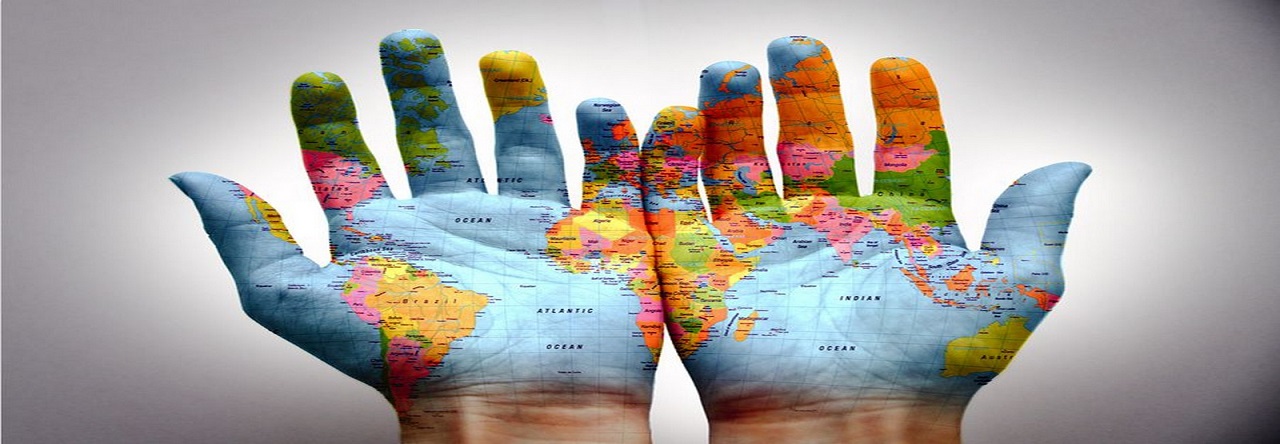
How to save the United Kingdom
Gordon Brown
New Statesman
Until very recently, the US looked like the West’s most divided and dysfunctional democracy. Now, those on the other side of the Atlantic would be excused for pointing the finger in our direction.
It is too early to say whether Britain will break up, but we can say already that it is breaking down. Wales, Liverpool and Manchester have been declaring their version of independence over their response to the pandemic. And as No 10 implodes, my own nation, Scotland, already has one foot out the door of its 300-year-old Union with England.
The virus and recession – and the well-publicised splits over local lockdowns, over who manages public health and welfare best, and who pays for what – have exposed a centre that does not listen and outlying areas that do not feel they are consulted. (Read more)
Turkey’s Crisis with the West: How a New Low in Relations Risks Paralyzing NATO
Antoine Got
War on the Rocks
NATO’s most important challenge today may not come from Russia, but from within. With the number of disputes between Turkey and several European allies yet again on the rise, the two parties’ souring relations have begun undermining the organization’s cohesion and ability to make timely collective decisions. If left unaddressed, these tensions could cause serious damage to the world’s most powerful alliance.
The latest flashpoint came from Turkey’s open backing of Azerbaijan’s war effort in the small landlocked enclave of Nagorno-Karabakh, which ended abruptly in early November thanks to a Russian-brokered deal. Reports of military assistance and alleged Syrian mercenaries sent by Turkey placed Ankara at loggerheads with its NATO allies’ calls for a peaceful, negotiated resolution to the conflict. The deal, which foresees Baku reacquiring sizeable portions of the disputed enclave, has made Turkey one of the obvious winners of the recent flare-up, while its Western allies remain on the sidelines. For some, this could be the straw that breaks the camel’s back, adding to a long list of complaints they have recently leveled against their NATO ally. (Read more)
How Dominic Cummings wasted the greatest opportunity of his life
Hal Hodson and Kat Hall
Economist
When Dominic Cummings took the stage in London at the Institute for Public Policy Research, a think-tank, in November 2014, few outside the Westminster political bubble had heard of him. Dressed in a plain black suit with a skinny black tie, he looked like he’d walked off the set of “Reservoir Dogs”. He was introduced as a person with “interesting and controversial views”. Though he would later gain a reputation as a snarling hatchet-man, he laid out in measured tones his views about “fundamental aspects of the way the world works”. This involved a helter-skelter tour of disciplines such as astronomy, entomology and neurology (Stars! Ants! Neurons!). Quite what this amounted to was hard to say, but he spoke with the confidence of a man who thinks that everyone appreciates how right he is.
The nub of his lecture was a screed against the institutions that comprise the British state. Nothing about them, Cummings said, was good. There are no quantitative skills in Westminster, no management skills, no ambition. Incentives are misaligned, goals are unclear, failure is normal. Decision-making, he said, was “almost random” and “largely rubbish”. (Read more)
Peru’s Problem Is Bigger Than Not Having a President
Patricio Naver
Americas Quarterly
Peruvians woke up Monday morning without a president, after Congress failed to agree on a successor for a leader who himself only lasted five days in power. Legislators will probably work things out and name a replacement in coming days. But Peru will continue to face the same core problem, one that is undermining democracies across Latin America: The absence of stable, institutionalized political parties. Unfortunately, this means whoever wins Peru’s upcoming presidential election in April 2021 will probably face the same challenge that has bedeviled all recent leaders: An unruly and fragmented Congress that fails miserably at everything except looking out for its own self-interest.
Prior to his resignation on Sunday amid massive protests, Manuel Merino was the third person in this presidential term (2016-2021) to hold the job. As president of the legislature, Merino automatically ascended to the presidency after he spearheaded the removal of Martín Vizcarra, the former vice-president who himself inherited the highest office in early 2018 when President Pedro Pablo Kuczynski (known as “PPK”) resigned. All this instability comes as Peru faces one of the world’s deadliest outbreaks of COVID-19, and one of its worst recessions. (Read more)
Should America Still Police the World?
Daniel Immerwahr
New Yorker
In 1939, shortly before the German invasion of Poland, a British emissary, Lord Lothian, visited the White House with an unusual request. The United Kingdom was unable to protect the world from the Nazis, Lothian told President Franklin Delano Roosevelt. “Anglo-Saxon civilization” would thus need a new guardian. The scepter was falling from British hands, Lothian explained, and the United States must “snatch it up.” Though informally made, it was an extraordinary entreaty. London was willing to step aside and let Washington lead the world.
But F.D.R. was not interested. Indeed, he was offended. “I got mad clear through,” he wrote. Who were the British to dump their burdens onto his lap? Saving civilization was their job. The United States’ army at the time was only slightly larger than Bulgaria’s, with little ability to hold back illiberal forces in Central Europe. “What the British need,” F.D.R. concluded, was to buck up with “a good stiff grog.” (Read more)
